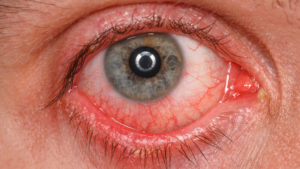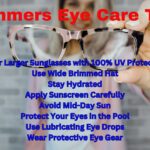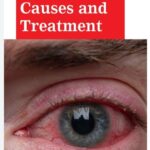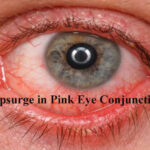Allergic conjunctivitis can damage the cornea affecting the vision. Erratic weather and pollution is the main reason for the increase of this problem.


If untreated,this eye problem can damage the cornea affecting the vision. Pain, redness, itchiness, gritty feeling and constant tearing up are the most common symptoms of allergic conjunctivitis. While medication (eye drops) is used to treat allergic conjunctivitis, some have significant side effects as well like cataract formation, glaucoma, infections of the cornea and conjunctiva which require surgical intervention.
The rising temperature, dry weather and the pollution in the environment are some of the reasons for allergic conjunctivitis. In fact, Out of the 10 patients who walk in everyday to our hospital around 4 are diagnosed with this allergic condition. However, usage of sunglasses while going out and intake of adequate amount of water can help prevent the condition. Mild steroids are prescribed to patients with allergic conjunctivitis. While the occurrence of the condition cannot be completely ruled out, following healthy habits can prevent the condition.
Some of the tips to keep your eyes safe are:
1. Reduce exposure to allergens by maintaining a clean and tidy surrounding.
2. Avoid sharing of cosmetics especially eye make-up and also reduce the usage of it.
3. Frequent cleaning of the eyes with clean cold water will wash away the allergens and the chemical mediators that cause itching.
4. Avoid sitting close to the AC.
5. Avoid using woollen blankets.
6. Keep pets clean and avoid any contact with the possible secretions and fur of them.
7. Avoid using carpets inside house.
8. Avoid self medication.


Dr. Amod Nayak, Medical Director
Dr. Agarwal’s Eye Hospital
Whitefield, Bengaluru











